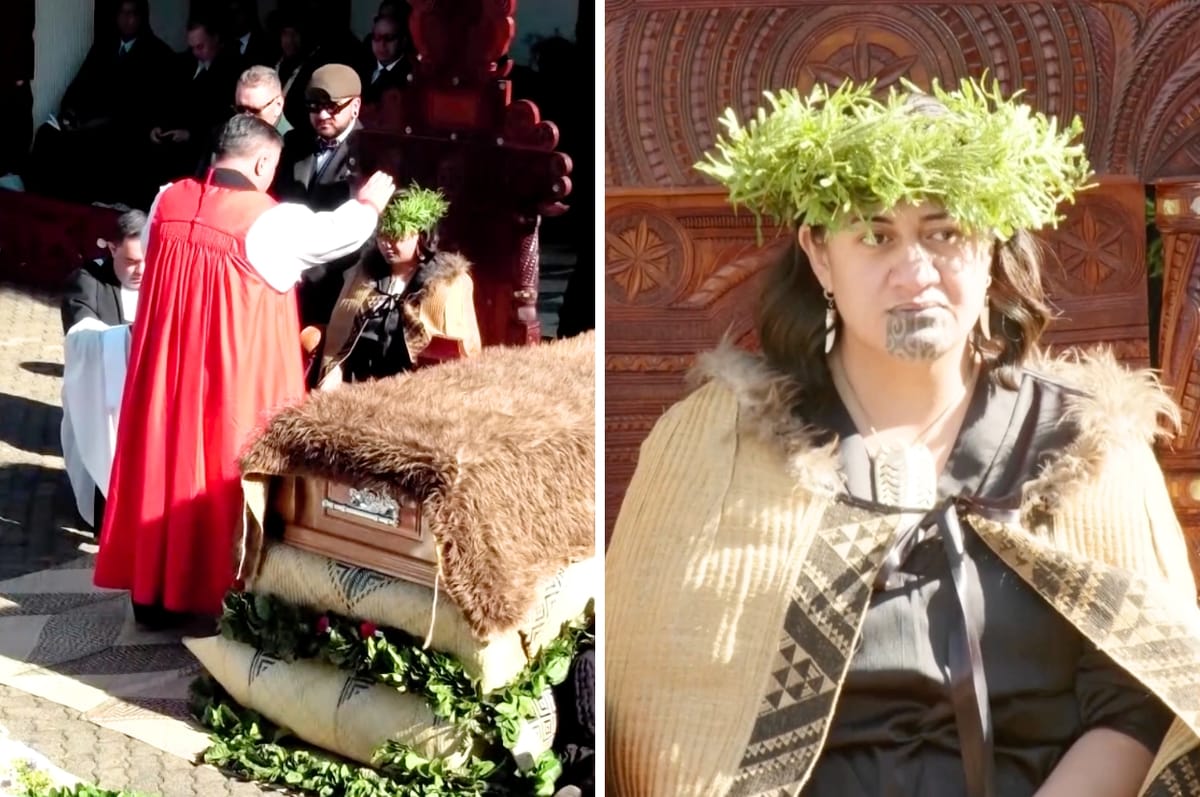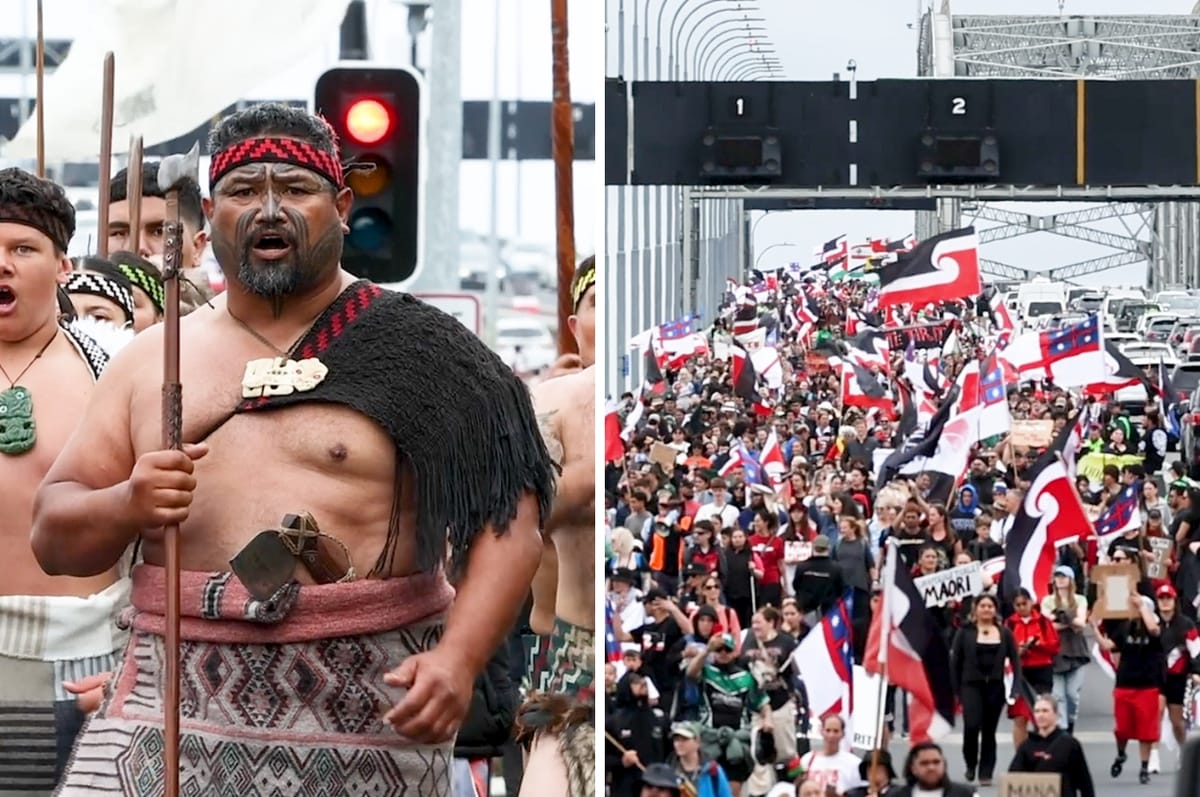New Zealand Has Granted A Mountain "Personhood", Giving It The Same Legal Rights As A Human Being
This gives the mountain, located in the country's North Island, all the same rights, power, duties and responsibilities of a person, recognizing it as an ancestor of the local Māori people
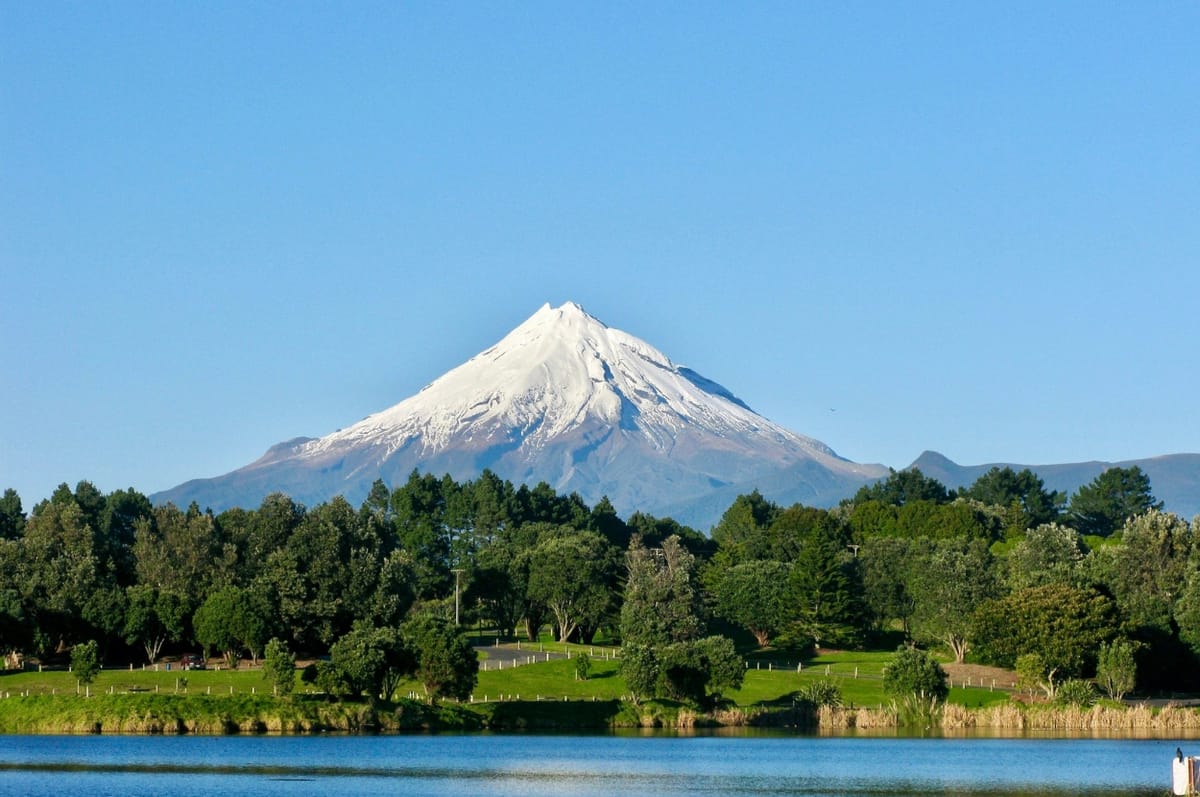
In a landmark decision, New Zealand has granted a mountain “personhood”, giving it the same legal rights as a human being.
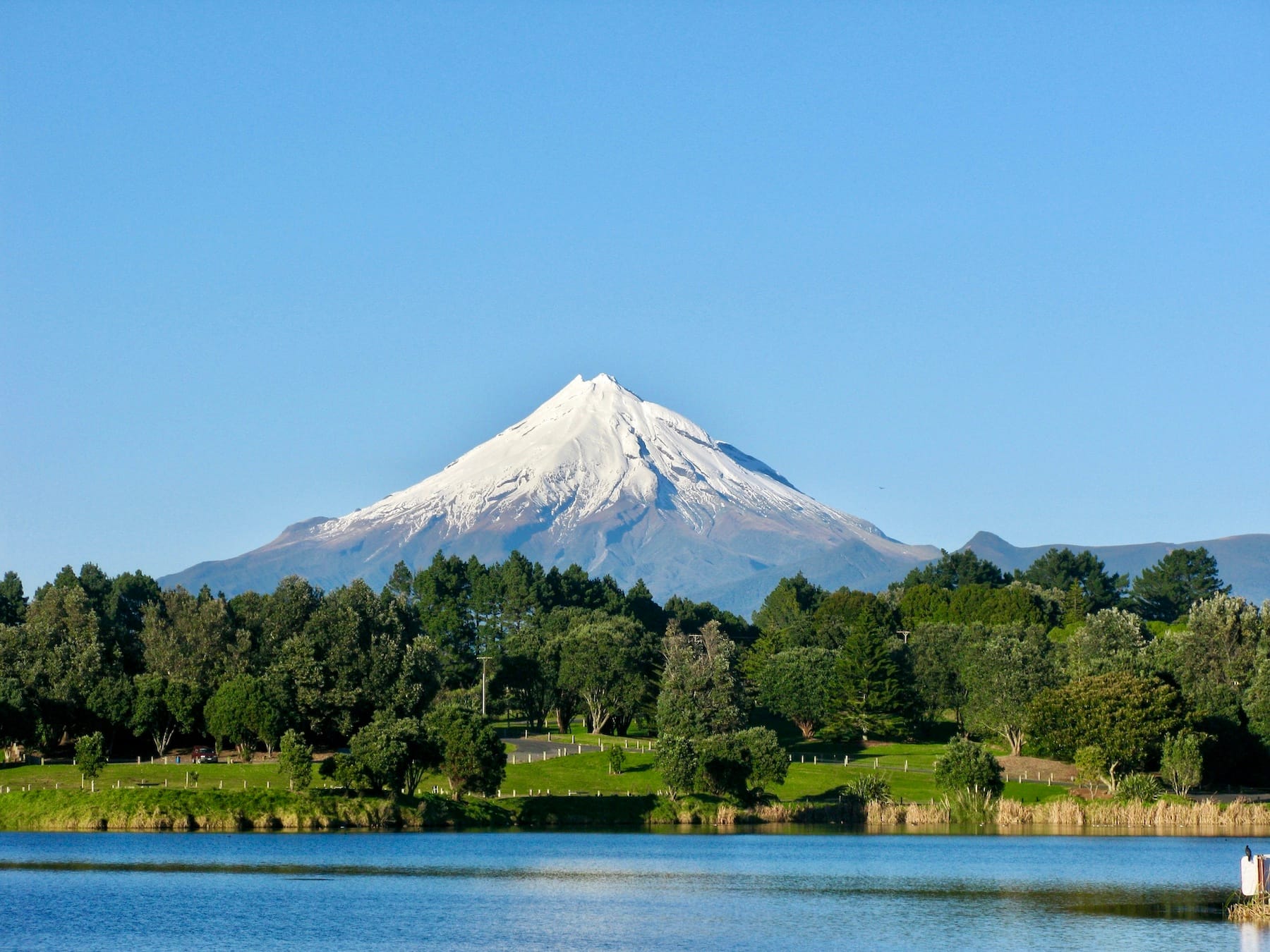
New Zealand’s Mountain Taranaki, now officially known by its Māori name Taranaki Maunga, was granted legal personhood on Thursday, Jan. 30.
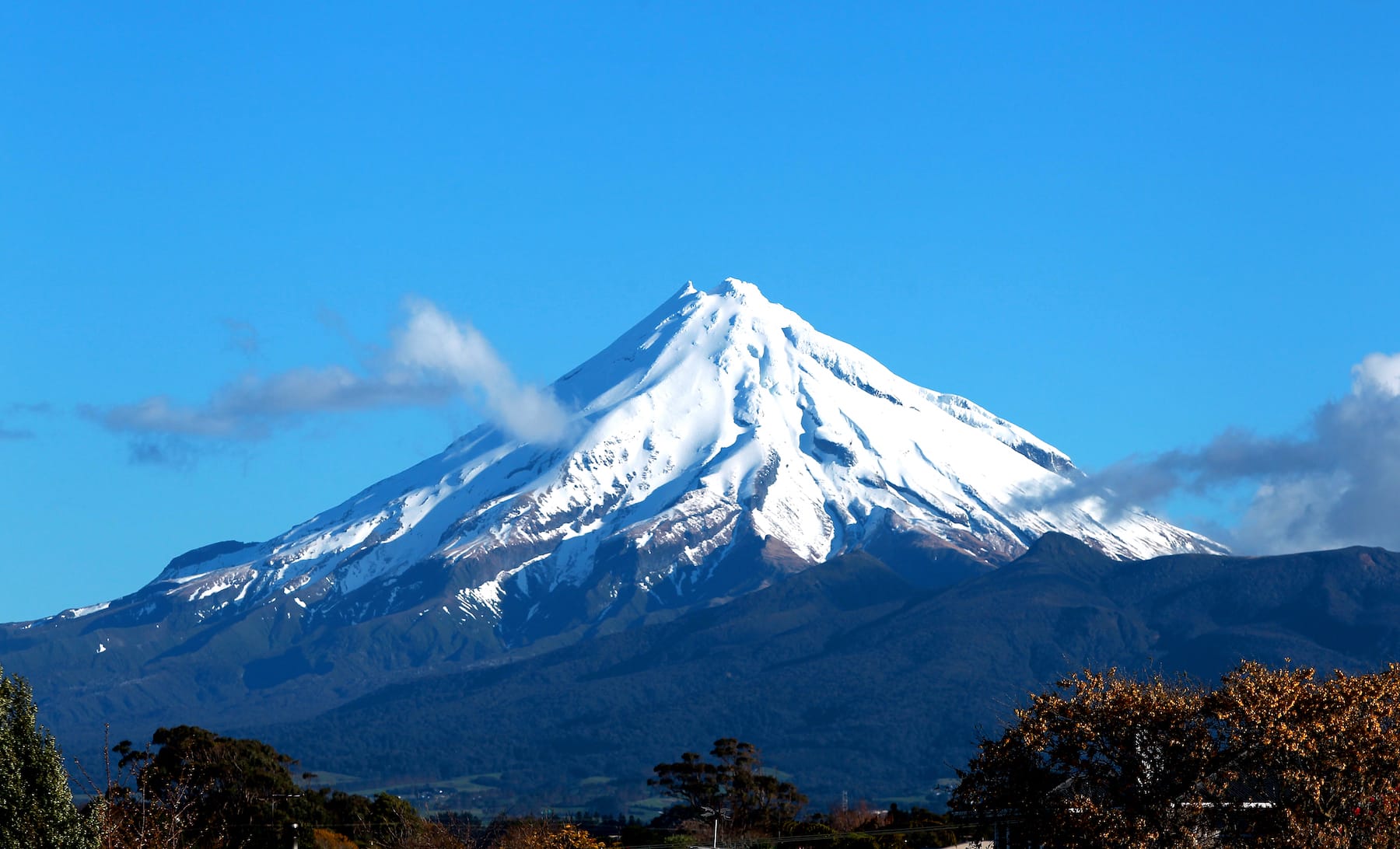
This gives the mountain, located in the country's North Island, all the same rights, power, duties and responsibilities of a person, recognizing it as an ancestor of the local Māori people
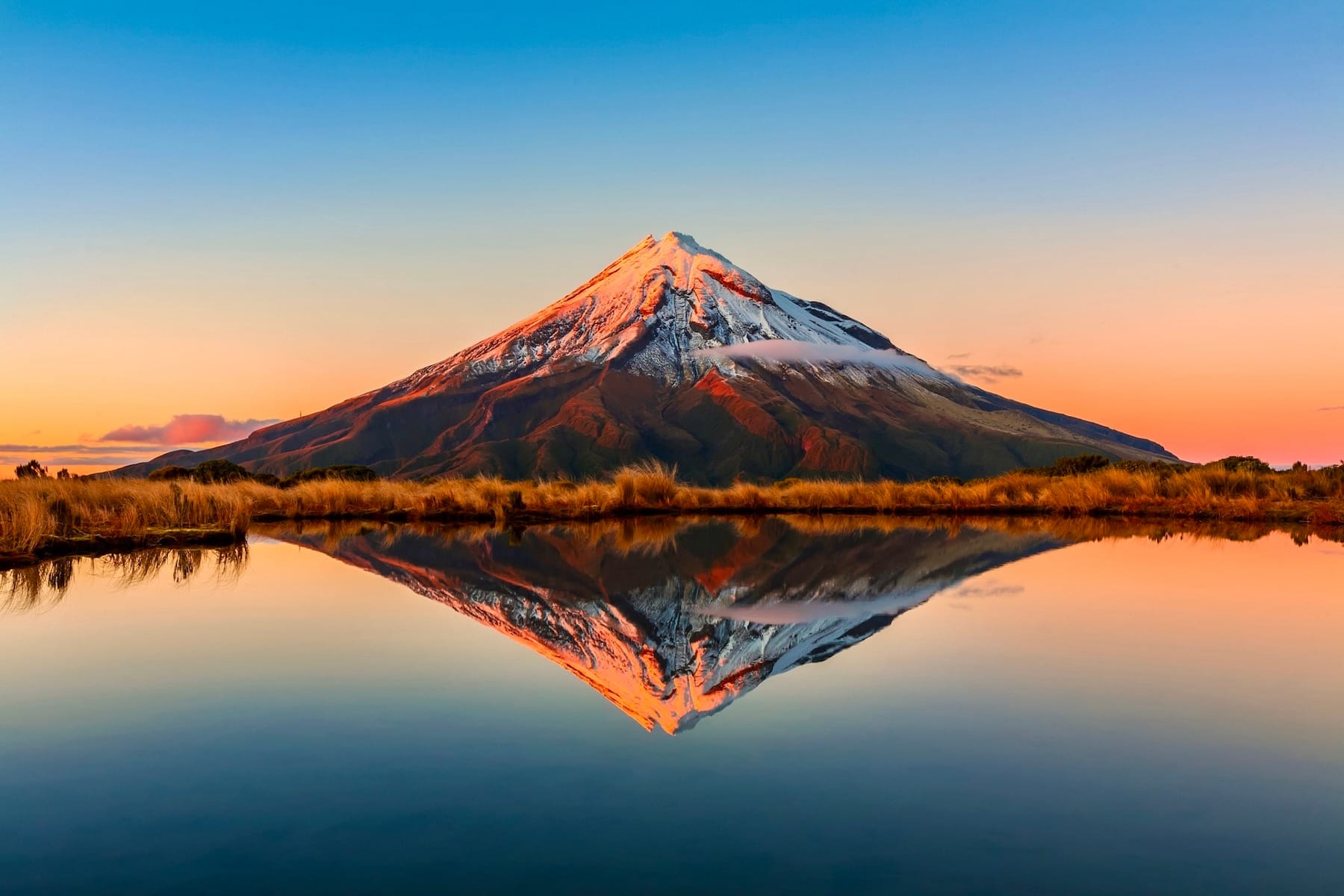
Taranaki Maunga and its surrounding peaks are now recognized as a "living and indivisible whole" under a new legal identity, Te Kāhui Tupua.
The move aims to acknowledge past injustices against the Māori people of Taranaki, whose land, including the mountain, was confiscated by the British Crown in 1865.
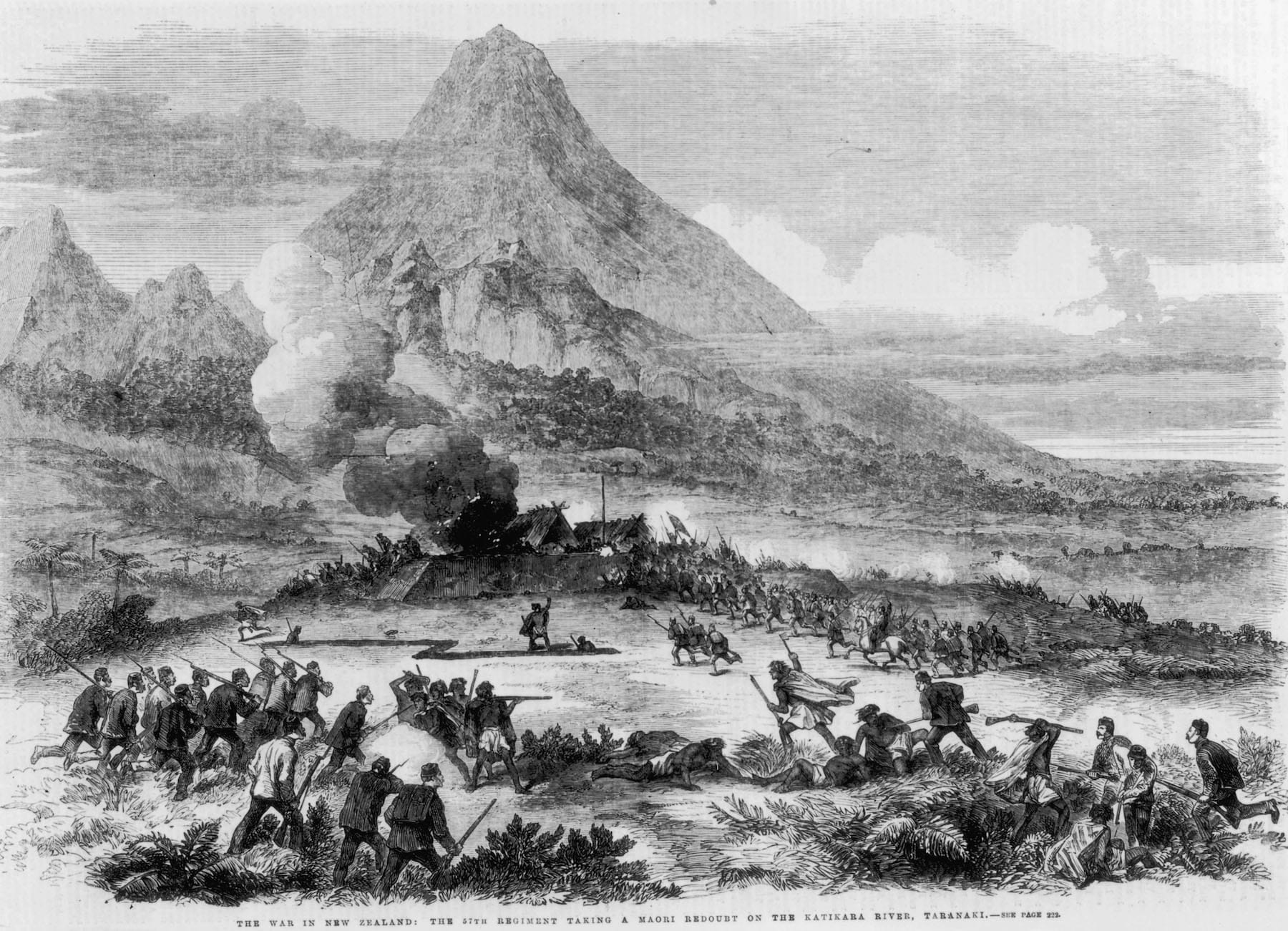
The law aims to protect the Te Kāhui Tupua’s health and well-being, prevent forced sales, restore traditional Māori uses, and support conservation efforts while ensuring continued public access.
Māori have long considered Taranaki Maunga a sacred ancestor and a source of cultural and spiritual sustenance.
The decision also marks a historic shift as Taranaki Maunga becomes the first New Zealand landmark to be officially referred to only by its Māori name, replacing its colonial name, Mount Egmont.
New Zealand’s Minister of Justice said that it’s important to “acknowledge the hurt that has been caused by past wrongs to supportMāori aspirations, calling the law a step forward in reconciliation.”
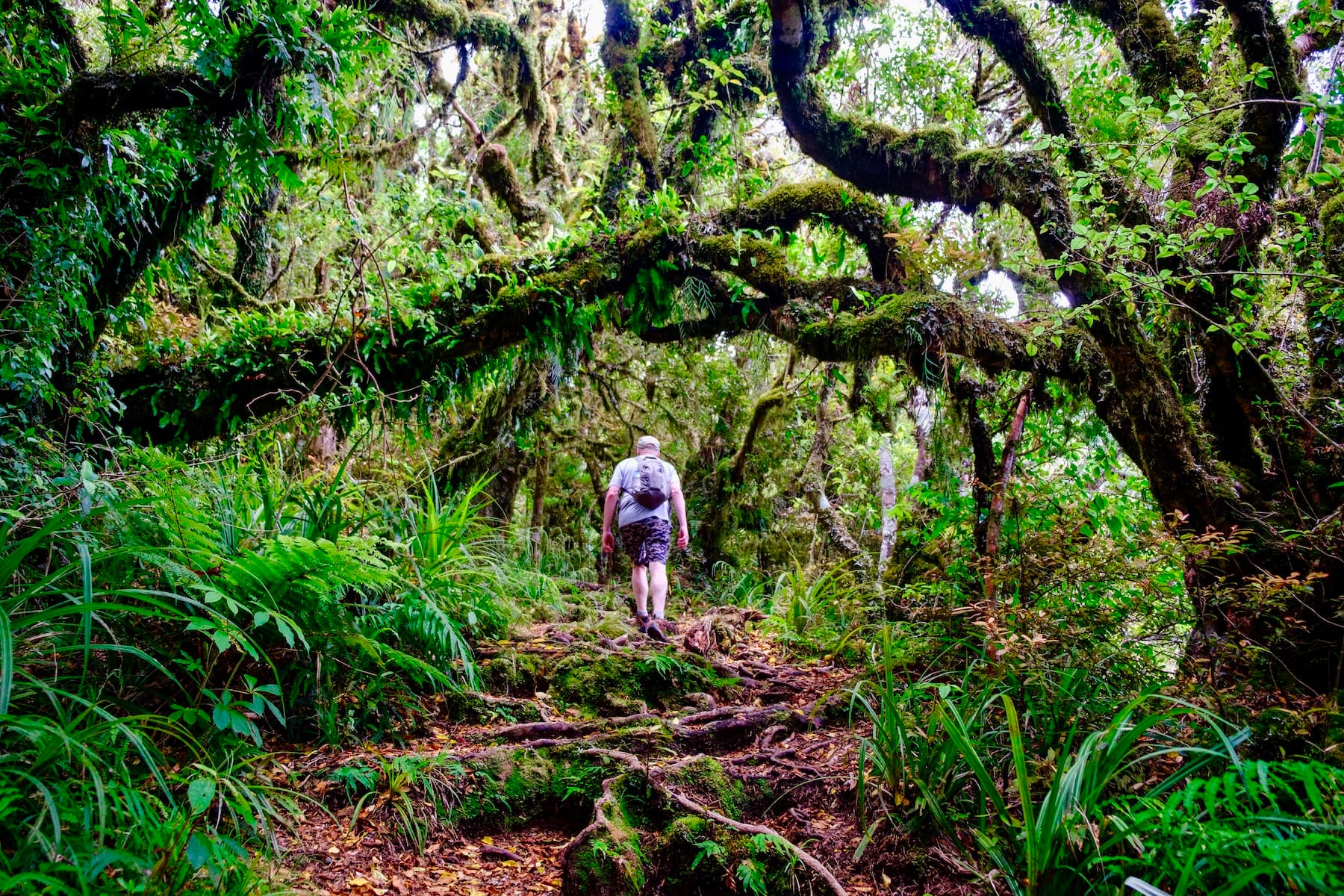
The law is part of a broader government commitment to correct historical wrongs committed during colonization.
New Zealand also granted personhood to the Whanganui River in 2017, and Te Urewera, a native forest, in 2014.
More On New Zealand
